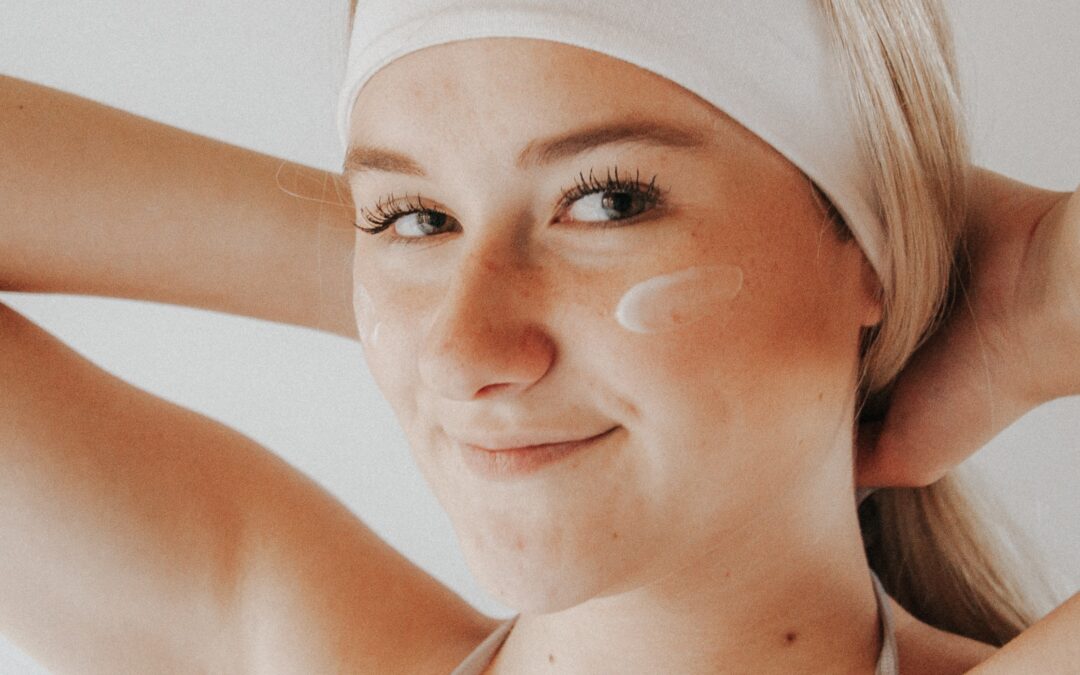Introduction
Prioritizing our mental health is crucial in our fast-paced environment, where the demands and strains of everyday life can often feel overwhelming. Although conventional self-care techniques like exercise and meditation are well known for their beneficial effects on mental health, skincare may come as a surprise ally in this attempt. Taking good care of your skin can do much more for your mental and physical health than just making you look nice. This article explains how a regular skincare regimen can support inner calm, self-assurance, and general happiness. It also delves into the intriguing and frequently overlooked relationship between mental health and skincare.
The Mind-Body Connection
The significant mind-body link must be acknowledged before we can comprehend the relationship between skincare and mental health. Studies have indicated that our emotional condition has a direct impact on the condition and look of our skin. Skin conditions including psoriasis, eczema, and acne can be brought on by stress, worry, and depression. Our bodies react to emotional upheaval by generating stress chemicals like cortisol, which can cause skin inflammation. On the other hand, our skin appears and feels healthier when we are content and at ease.
Skincare as Self-Care
Skincare regimens frequently offer a committed, meditative area for self-care. Cleaning, putting on serums, and moisturizing may all be mindfulness exercises that help people take care of themselves and concentrate on the here and now. This skincare self-care feature encourages relaxation and stress reduction by providing a chance to escape the busyness of daily life. Misumi Skincare offers a range of products that can help keep your skin nourished and vibrant, even during stressful college days.

Boosting Confidence
Taking good care of your skin can make you feel much more confident and good about yourself. You’re more likely to feel confident in yourself when your skin appears and feels healthy. Your mental health may benefit from this confidence boost, elevating your sense of general well-being. Good mental health is largely dependent on confidence, which can be fostered in part by skincare practices.
Ritual and Routine
The repetitive nature of a skincare routine can be comforting and soothing. Just as meditation and mindfulness exercises rely on repetition, skincare routines offer a structured ritual that allows individuals to create a sense of order and control in their lives. This regular practice can be calming and reassuring, especially during times of stress or uncertainty.
Feel-Good Chemicals
Applying skincare products might encourage the body’s endogenous feel-good chemicals, known as endorphins, to be released. Sensations of pleasure and relaxation can be evoked by the delightful sensory experiences linked to skincare, such as the smells, textures, and sensations of the products. For this reason, a lot of people find skincare regimens to be calming and pleasurable.
Connection and Community
A holistic wellness regimen that includes skincare and mental health assistance can help people feel more connected to the community and like they belong. Those who are passionate about skincare often form friendships with one another. A community of like-minded people who support and elevate one another can be formed by exchanging skincare advice, product recommendations, and life experiences.
Final Thoughts
Skincare is a route to improved mental wellness as well as a cosmetic regimen. You’re feeding your soul as well as your skin when you take care of it. Understanding the link between the two can help you take advantage of self-care’s potential and transform your daily skincare regimen into a transformational path toward happiness, self-assurance, and inner serenity. Thus, keep in mind that when you wash, moisturize, or use a face mask, you’re doing more than just treating your skin; you’re also making a big step toward bettering your mental health.


